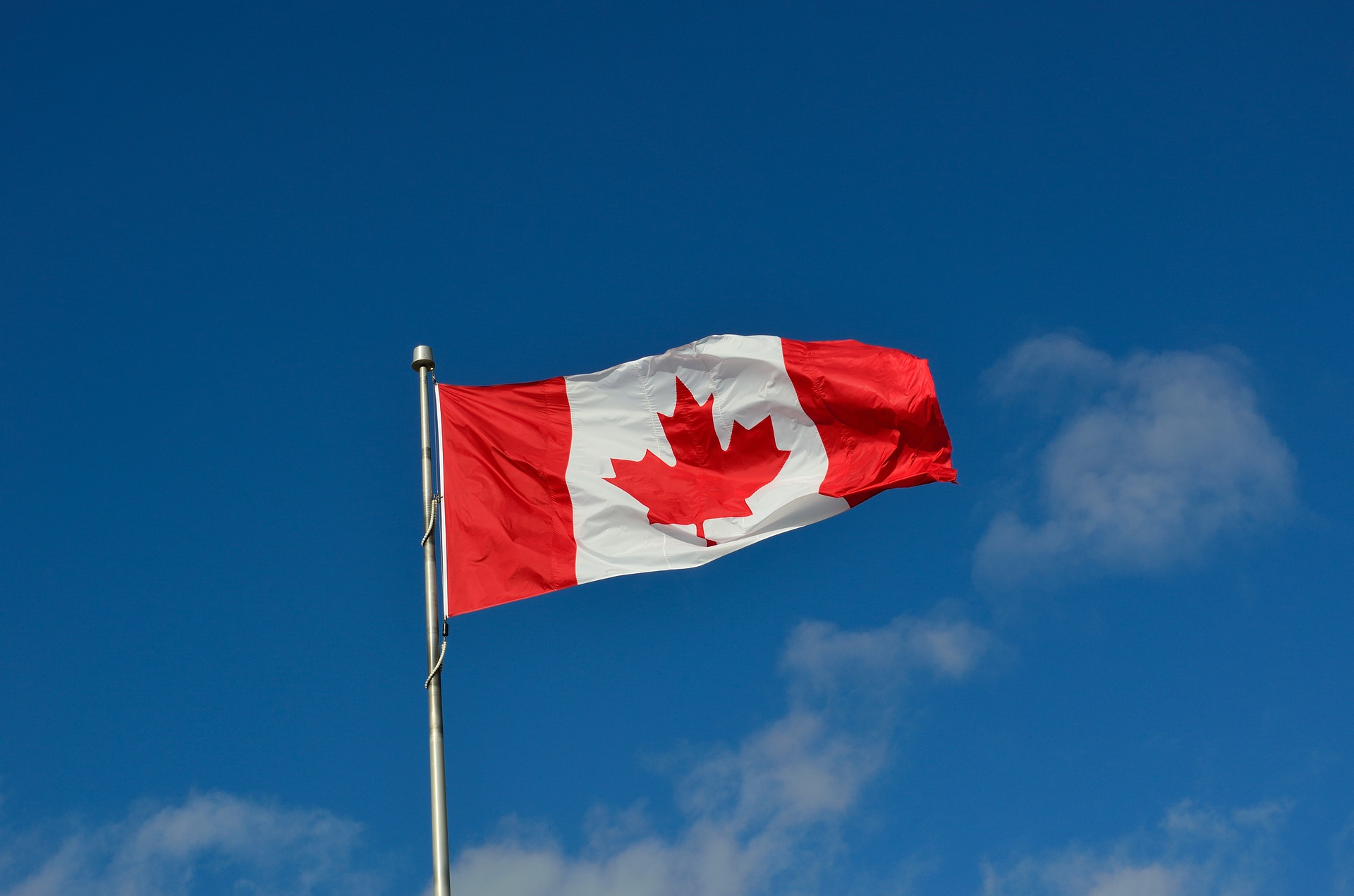Prime Minister Justin Trudeau announced $306-million for Indigenous Services Canada to help Indigenous businesses across the country.
In addition to the $305-million revealed earlier this week, Canada’s Minister of Indigenous Services says these funds will be administered by the National Aboriginal Capital Corporations Association.
Marc Miller announced the funds will be provided through the 59 Aboriginal financial institutions enabling them to keep supporting the thousands of small and medium First Nations, Inuit, and Metis businesses.
It should be noted that both Prime Minister Justin Trudeau and Miller commented about how women run a great number of these businesses.
The new funds aim to stabilize Aboriginal financial institutions and allow for short term interest-free loans and non-repayable contributions to offer maximum flexibility in supporting local businesses in ensuring they are well-positioned for the recovery to come.
To date, Indigenous Services Canada has shipped 555 orders of personal protective equipment to communities across Canada. ISC reports testing and nursing stations in each Indigenous region are well supplied with reagents, test-chemicals, and personal protective equipment.
Miller says ISC does not know how many COVID-19 tests have been administered off-reserve because tests do not require anyone to self-identify as Indigenous. But he does support the better collection of this kind of data.
As of April 17th, ISC reports 52 confirmed cases of COVID-19 in First Nation communities on-reserve and 12 cases in Nunavik Innuit communities as well as one death.
ISC’s Chief Medical Officer echoed what federal, provincial and territorial Medical Officers around the country are recommending with a couple of additions.
Dr. Tom Wong added that smoking and vaping need to be stopped, stressing the importance of properly managing blood pressure, diabetes and weight.
Dr. Wong highlighted the necessity of monitoring and controlling cardiovascular and pulmonary diseases as well.
As springtime flooding kicks in, Miller reassures Canada’s indigenous community that ISC is working with communities to ensure they are prepared for any potential flooding emergencies. ISC allocated $2.1-million to Kashechewan First Nation to reduce the risks of COVID-19 and flooding in that community.
Miller says the funding was based on the community’s decision to isolate away from COVID-19 in traditional hunting grounds as part of broader public health recommendations to strengthen physical distancing during the pandemic. The funding will help purchase equipment supplies such as tents for this community.
ISC also continues to recommend First Nations with upcoming elections not proceed at this time because of the public health risks associated with large gatherings. Accordingly, Miller says last week a temporary regulatory option was introduced.
The new First Nations Elections Cancellation and Postponement Regulation will enable First Nations’ leaders to continue in their positions for up to six or twelve months to stay focused on keeping their communities safe in the face of COVID-19.
Nevertheless, Miller stresses the final decision to hold or postpone any elections ultimately goes to community leadership and ISC will respect that.






